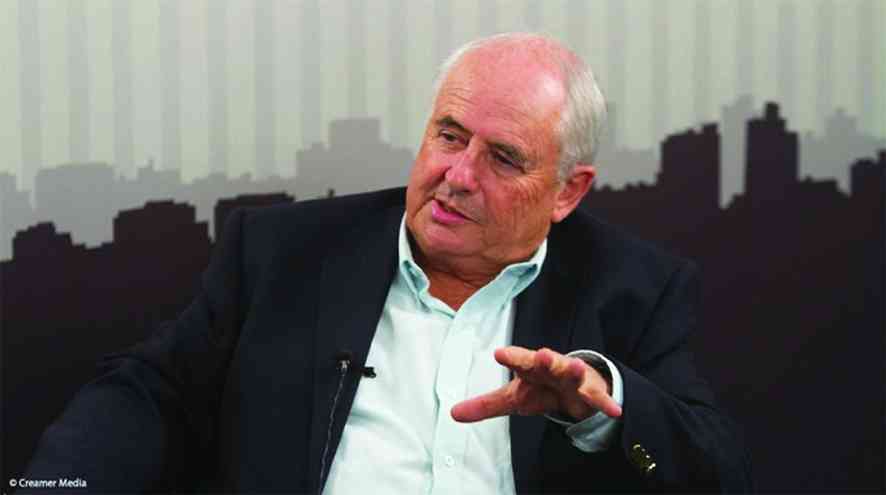
GOVERNMENT, labour and business are deadlocked on the framework of three of the 13 principles agreed under the Tripartite Negotiating Forum (TNF) in 2014.
by Kudzai Kuwaza
The three tripartite partners agreed on four principles, were yet to fully agree on six of them and were deadlocked on three of the 13 principles’ framework, as they move to make holistic changes to the Labour Act.
This was revealed at the Employers’ Confederation of Zimbabwe (Emcoz) consultative meeting held in the capital yesterday to apprise employers on the progress made in reviewing the Labour Act under the auspices of the Labour Law Advisory Council, a subcommittee of the TNF.
Labour lawyer Rodgers Matsikidze, who is facilitating the labour law review, said there was no agreement on the principle of streamlining the retrenchment procedures.
He said there was no appeal mechanism for employers aggrieved by a ruling made by the Retrenchment Board.
Matsikidze said employers were now being burdened with government’s responsibilities of looking after workers who have been retrenched. Emcoz executive director John Mufukare said government had rejected their proposal that the term minimum retrenchment package be removed from Section 12 of the Labour Act.
- Chamisa under fire over US$120K donation
- Mavhunga puts DeMbare into Chibuku quarterfinals
- Pension funds bet on Cabora Bassa oilfields
- Councils defy govt fire tender directive
Keep Reading
He said the two were arguing that the word minimum would trigger prolonged and difficult negotiations as workers would be encouraged to start deliberating from the prescribed minimum wage.
Employers want the minimum package of two weeks’ salary for every year served to be the prescribed package.
Employers agreed with Matsikidze on the need for an appeal mechanism to be put in place as well as the need to define retrenchment in clear terms to avoid confusion.
On the collective bargaining process, employers agreed that the factors that guide the process should be restricted to just productivity and performance of the enterprise and not consider such factors as the needs of workers and their families.
Matsikidze castigated the drafters of the amended Labour Act No 5 of 2015, particularly on clauses of labour dispute resolutions, which gives labour officers the right to both conciliate and adjudicate cases.
“Whoever drafted this must have done so coming from the bar having taken too many of the waters of wisdom or must have been delusional,” he said.
“The drafter should be fired. It is really an embarrassment.”
Matsikidze said the policy confusion in the country was similar to “mixing raspberry, sprite, coke, maheu and peanut butter”.
Emcoz president Josephat Kahwema said there was need to check the “populist drift” by both labour and government “for the good of the nation”.












